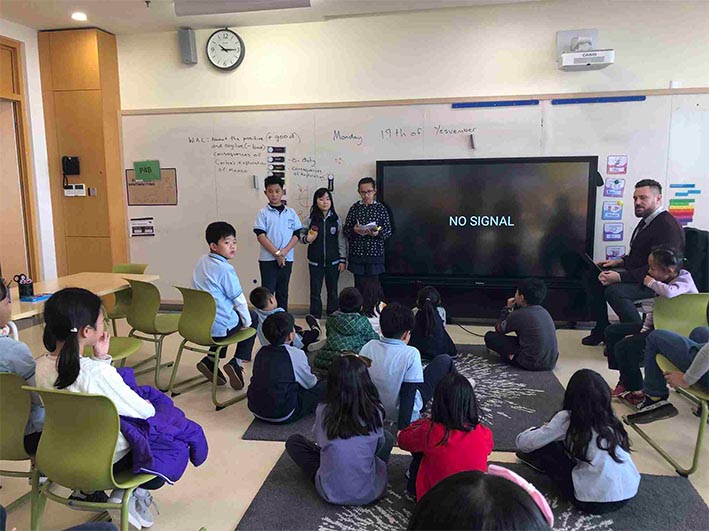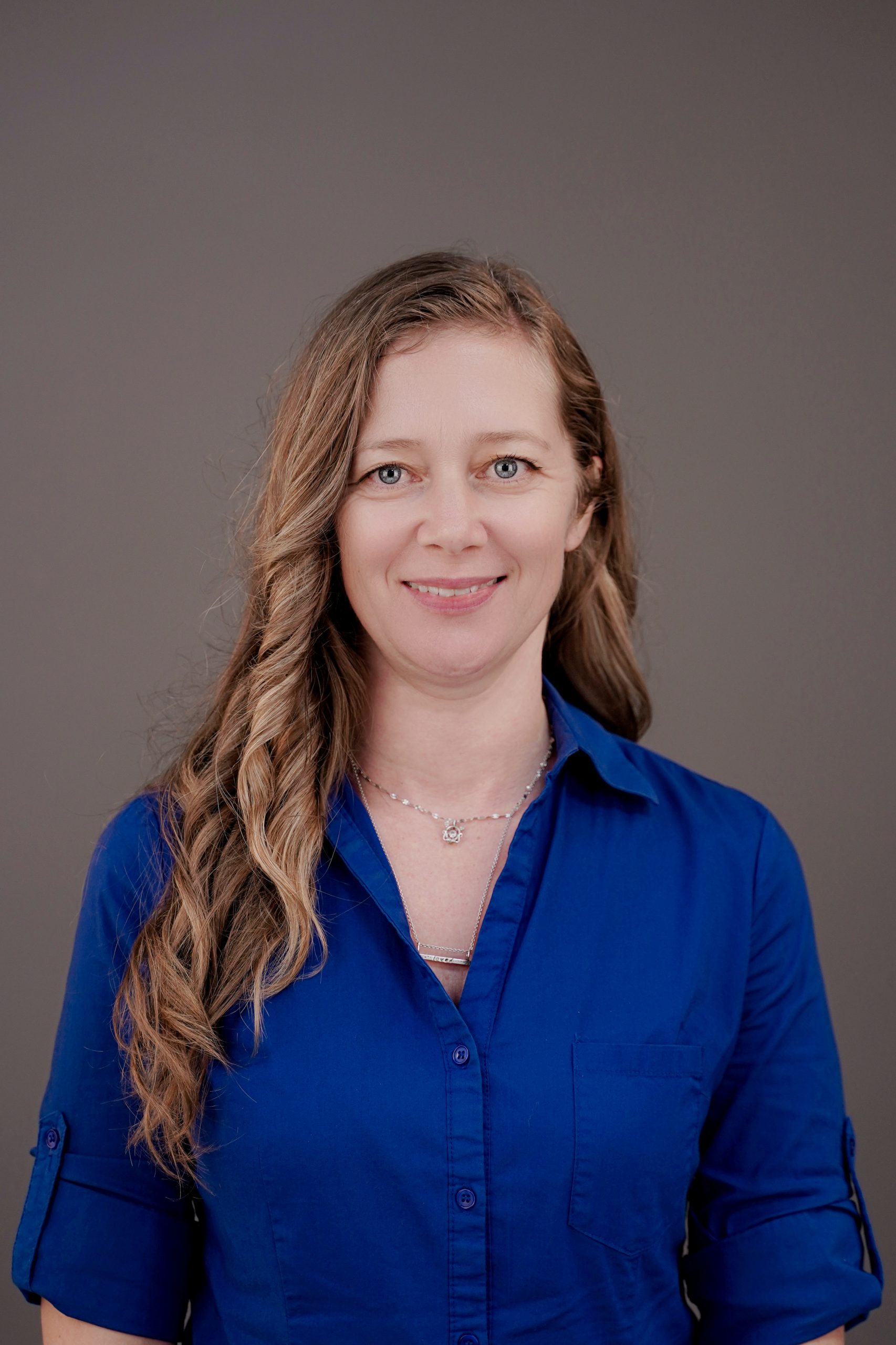
Dear XLIS Community,
Welcome to the 2025 – 2026 academic year at XLIS! We have much to look forward to in this upcoming year, as we strive to work towards our mission of enabling confident, open-minded global citizens through lifelong learning and a sense of community.
We continue to have many wonderful initiatives that have been growing and developing over the years, that lead our students to become open-minded global citizens. The International Day of Peace, our ECA program, Student Council, mathematics competitions, weekly assemblies, and our swimming and athletics programs are just a few of the ways our students can pursue their passions. As a growing community, we celebrate our diversity and encourage our students, teachers, and parents to get involved and contribute to our school culture. We offer monthly parent workshops to help our parent community learn more about the Primary Years Programme, teaching and learning at XLIS, while offering suggestions on supporting children at home.
At XLIS, we strive to provide the best education for the students and families we serve. Through data collection and analysis, we are able to set school-wide goals that aim to ensure every student is successful. This year our primary goal continues to be on supporting students’ language acquisition, especially in their reading development. This goal can only be achieved when all staff see themselves as language teachers. In classrooms, English is the primary language that is heard and translanguaging is used as a tool that is planned for to help our students deepen their understanding of the concepts taught. Language acquisition, as with any skill, will only be mastered through practice. Teachers, they are the coaches. This year, several strategies are being used to help us achieve this goal, such as the use of explicit phonics teaching from P1 – P3, working with Erin Kent Consulting for the second consecutive year for professional development on best literacy teaching practices, and the beginning of our whole school, curriculum review cycle.
We have an amazing team of educators who are committed to life-long learning and building a sense of community at XLIS. Together, we will work towards achieving the mission of XLIS!
I look forward to working with all of our XLIS community to make the 2025 – 2026 school year productive, enjoyable and memorable!
Sincerely,
Marly Song
Primary Years Programme (PYP)
The primary school at XLIS is made up of students from three to eleven years old. We use a curriculum framework called The Primary Years Programme (PYP), which is designed around the best of research practices in education.
It is transdisciplinary – meaning the programme strives to balance between traditional stand-alone units and transdisciplinary units. Stand-alone units are usually taught in isolation in the areas of Mathematics, Physical Education or other single subjects. Transdisciplinary units combine different subjects. This way the students make connections in their learning across different disciplines. Each unit, whether it be a stand-alone or transdisciplinary unit contains aspects of Knowledge, Concepts, Approaches to Learning (ATLs), Action and IB Learner Profile attributes. This way our students experience consistency in the program and make connections across disciplines. This continues into middle and high school.
The PYP is concept based – meaning that each unit is based around a central idea. This is a guiding statement that contains concepts the students will be inquiring into. The program is also driven by six key concepts (form, function, connection, causation, perspective, change & responsibility). Each unit’s lines of inquiry are connected to three of these key concepts.
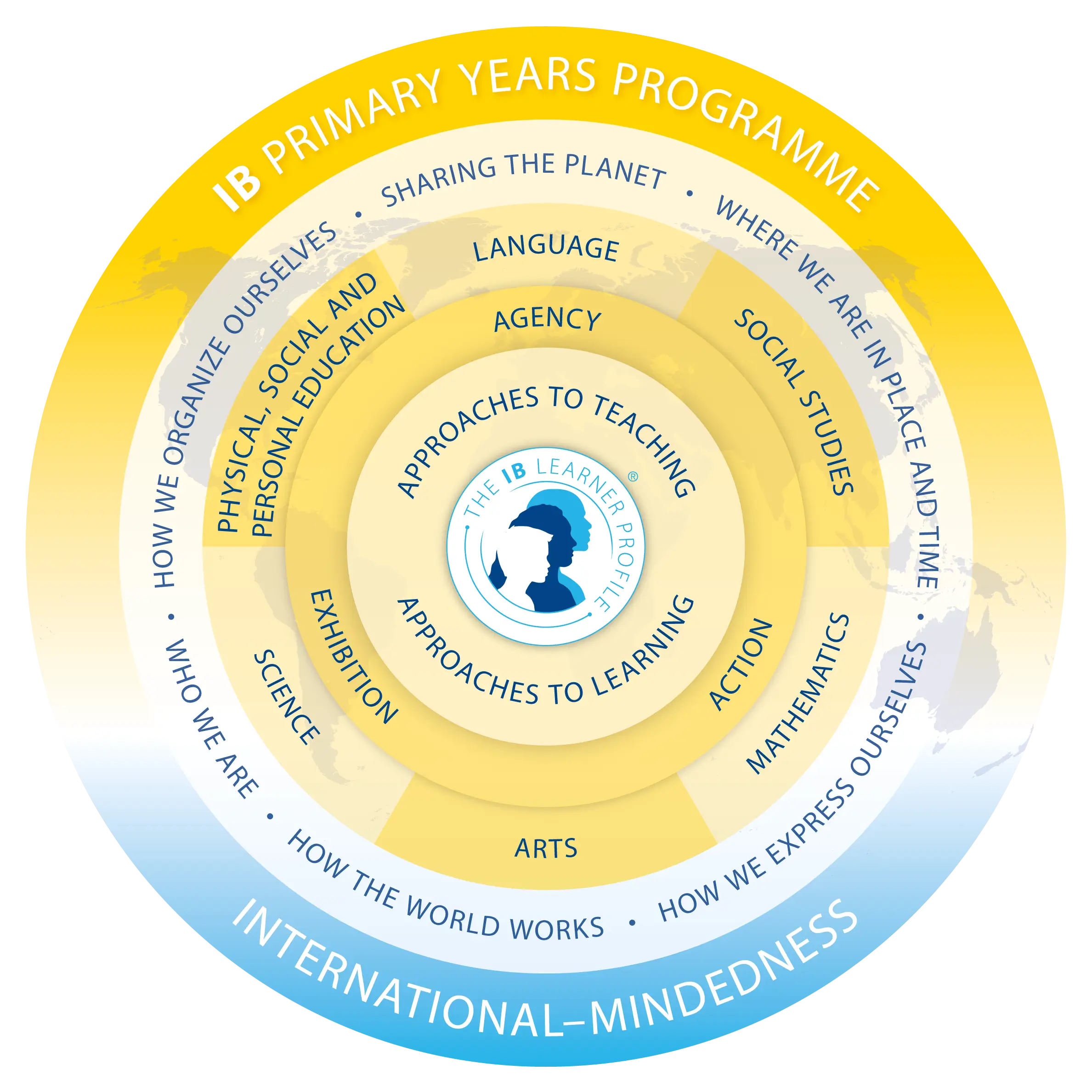
The PYP is an inquiry-based curriculum – meaning the programme is driven by students’ interests. The students are taught to research information on topics of their interest, within the boundaries of the unit of inquiry. One of the main theories the PYP is based upon is constructivism. Students are taken from their current level or understanding to a new level of understanding at differentiated paces. Differentiation is very important at XLIS and our teachers have received extensive professional development in this area.
The PYP values play – throughout the programme a high importance is placed on play. Play is what children enjoy most and PYP teachers skillfully guide learning through play. Careful provocations are set up so students can interact with content and concepts through play.
Assessment in the PYP is based on Understanding by Design – meaning a backward planning approach to assessment is utilized. Each unit’s summative assessment is planned at the start of the unit. Lines of inquiry are formatively assessed throughout the unit and planning is adjusted regularly in accordance to students’ needs. XLIS also uses standardized testing to track our students’ progress. Three times a year our students are assessed in the areas of Mathematics, Reading and Writing.
PYP Links
The primary school at XLIS host many workshops, open days, and collaboration events throughout the year. Please see our PYP links below to find out more information.
Mission
Vision
Schoolwide Learner Outcomes
Inquirers
Knowledgeable
Thinkers
Communicators
Principled
Open-minded
Caring
Risk-takers
Balanaced
Reflective
Getting Starting with IXL, Managebac, and Seesaw
The XLIS digital learning platforms connect parents with their child’s educational journey. IXL provides personalized practice in key subjects, ManageBac organizes the IB curriculum and school communication, and Seesaw shares classroom moments through photos, videos, and reflections. Together, they help families stay informed, engaged, and connected to learning.
Managebac
IXL
Seesaw
Makerspace
The XLIS makerspace is where engineering comes to life in a transdisciplinary manner. Students come to the space to extend their learning into our units of inquiry. This is a space for creating, designing, tinkering and playing.
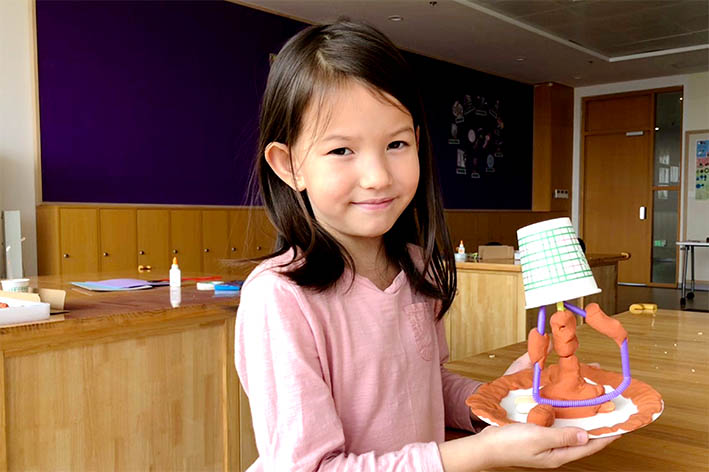
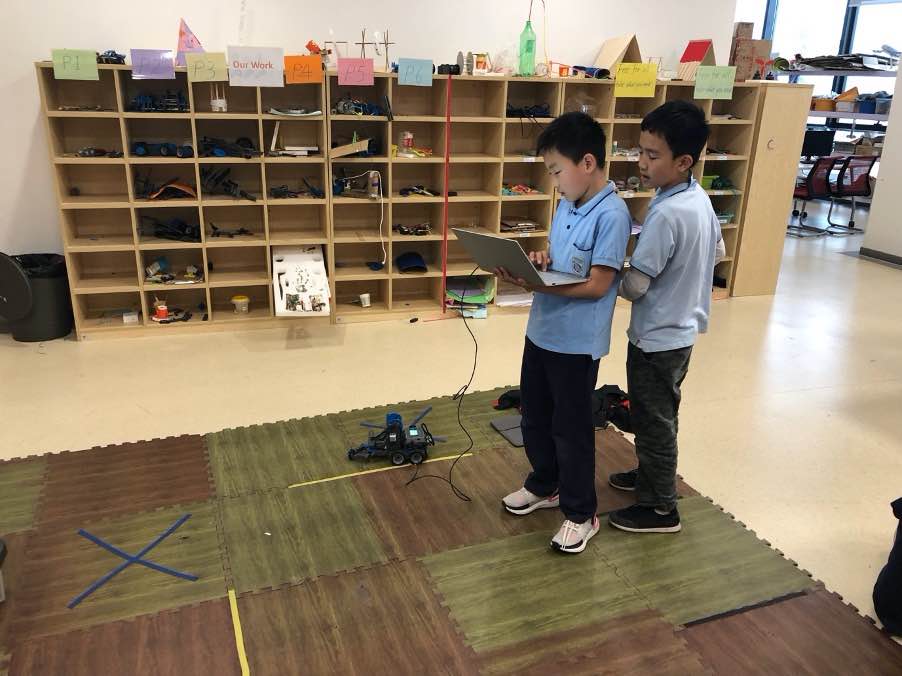
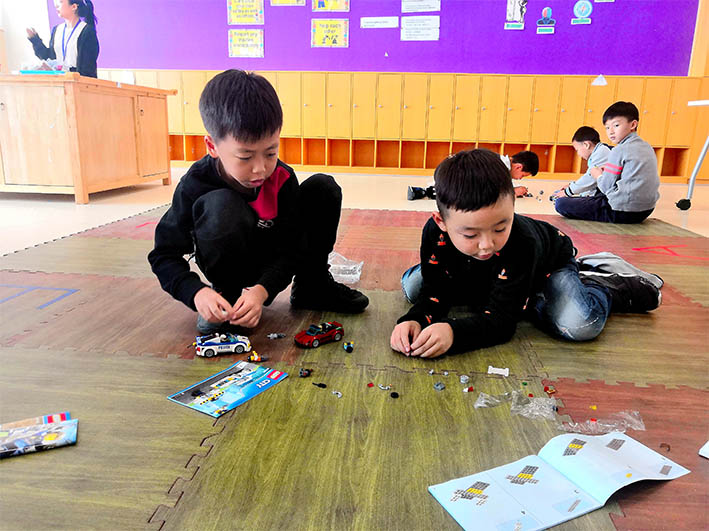
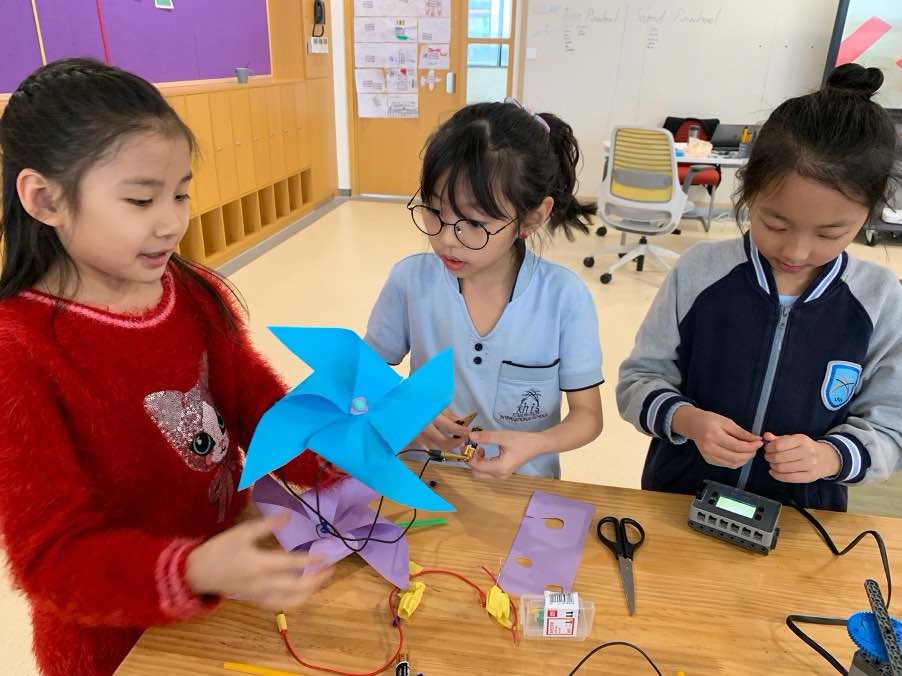
Students have the opportunity to inquire about our essential elements and science learning outcomes. They learn to write in computer code, build structures, build robots, learn pneumatics, basic CAD drawing, manufacturing, and other aspects of engineering.
Creativity, design, and play are core values at XLIS. The Makerspace is a place where these values are developed each day.
Reggio Inspired
It is our belief that children are capable, curious, and limitless in their creativity. Having a positive image of the child is at the heart of what we believe.
Our students learn through play at XLIS. We believe play to be the most natural form for our students to learn. This may be carefully constructed play in our ECE where our highly professional teachers teach our learning outcomes through play to project-based learning throughout the PYP.
The environment also pays a large part in our philosophy. It is seen as the third teacher and an important source of learning for our entire school community. Our learning spaces have been designed around the philosophy of inquiry and with the student at the centre. Each of our classrooms is designed with 5 essential spaces (makespace4learning.com). There is a display space, community space, private space, presentation space and virtual space. Students can write on the walls or the desks in order to make their thinking visible.
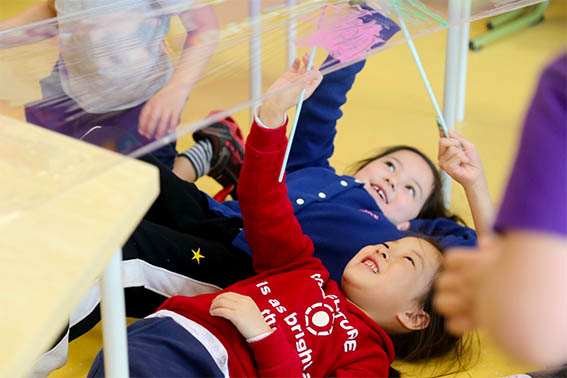
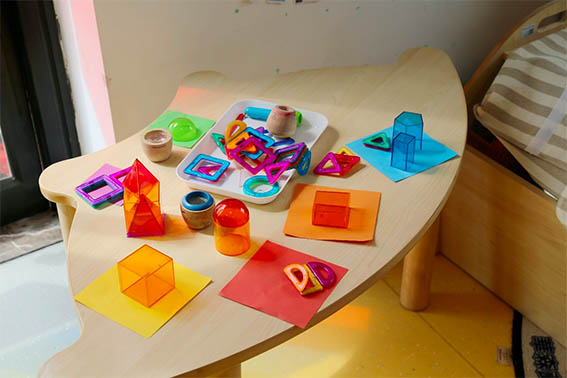
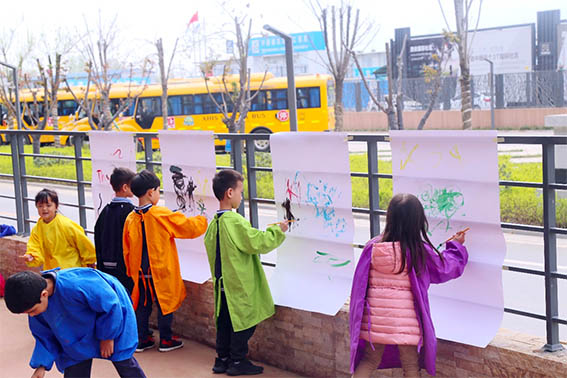
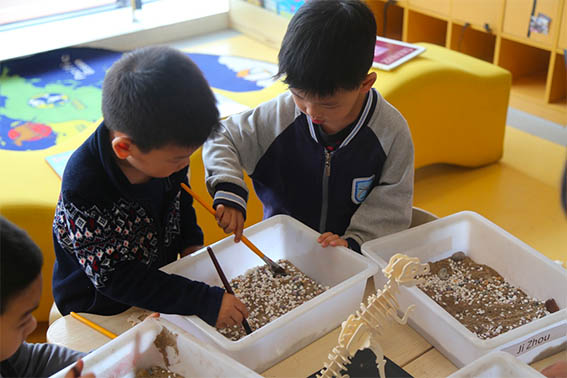
Primary Student Council
STUDENTS’ VOICE - PRIMARY STUDENT COUNCIL AT XLIS
Encouraged by the students’ initiative to have a governing body, the school has opened the door for a Primary Student Council. The Council gives students a platform to express their ideas and be able to take action.
Reflecting on the needs of having a government in the community lead P6 students to an extraordinary result. During discussions in the class they reflected on designing a summative assessment task that would promote student agency. They established the objectives and the primary structure of the Student Council at XLIS that would relate to students’ issues, represent them in the community and serve others.








